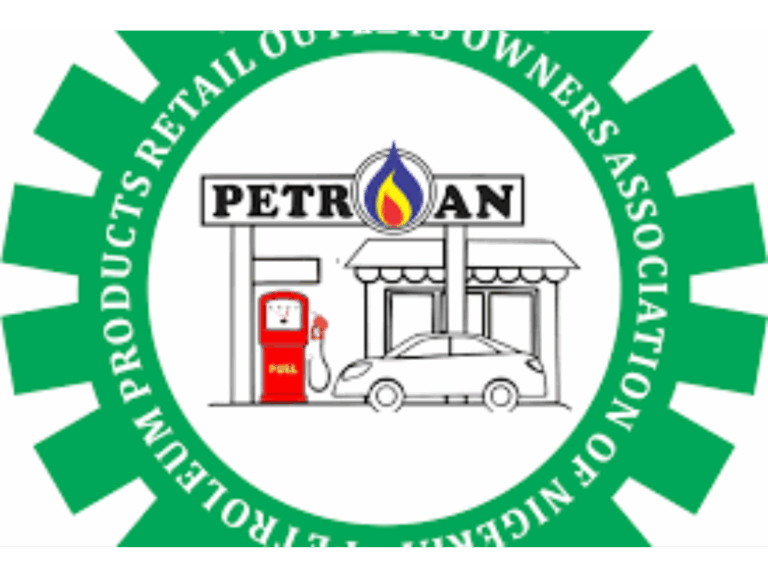The Petroleum Products Retail Outlets Owners Association of Nigeria (PETROAN) has raised significant concerns following Dangote Refinery’s recent announcement to begin direct nationwide distribution of premium motor spirit (PMS) and automotive gas oil (AGO).
In a statement issued on Monday, PETROAN described the development as a potential threat to thousands of jobs and a move that could foster monopoly in Nigeria’s downstream petroleum sector.
Dangote Refinery, one of the largest refineries in sub-Saharan Africa with a capacity of 650,000 barrels per day, declared plans to independently distribute petrol and diesel across the country. While this initiative is expected to boost domestic fuel supply and reduce dependence on imports, PETROAN warned that bypassing existing retail structures could destabilize the market.
According to PETROAN, the refinery should focus on competing with global counterparts in the upstream and midstream sectors rather than acting as a distributor in the domestic market. The association warned that this approach may lead to the marginalization of existing players such as truck drivers, filling station operators, modular refineries, and local suppliers.
Of particular concern is the refinery’s acquisition of 4,000 brand-new Compressed Natural Gas (CNG)-powered tankers, which PETROAN says could render thousands of traditional truck drivers and owners jobless. While CNG offers a cleaner and cheaper mode of transportation, the association fears it could lead to the displacement of existing logistics operators.
PETROAN also highlighted the potential economic risks of market dominance by a single entity, suggesting that Dangote could implement a pricing penetration strategy—temporarily lowering prices to capture market share—ultimately pushing smaller competitors out of business. The result, they argue, could be a mass shutdown of filling stations and a significant drop in market competition.
The association’s national president, Dr. Billy Gillis Harry, called on the Nigerian Midstream and Downstream Petroleum Regulatory Authority (NMDPRA) and the Ministry of Petroleum to intervene. He urged the implementation of price control policies to safeguard the market against monopolistic practices and to ensure fair competition in the interest of consumers and the economy.
As stakeholders continue to monitor the unfolding situation, PETROAN remains firm in its stance that a competitive and inclusive petroleum market structure is vital for long-term national development.

